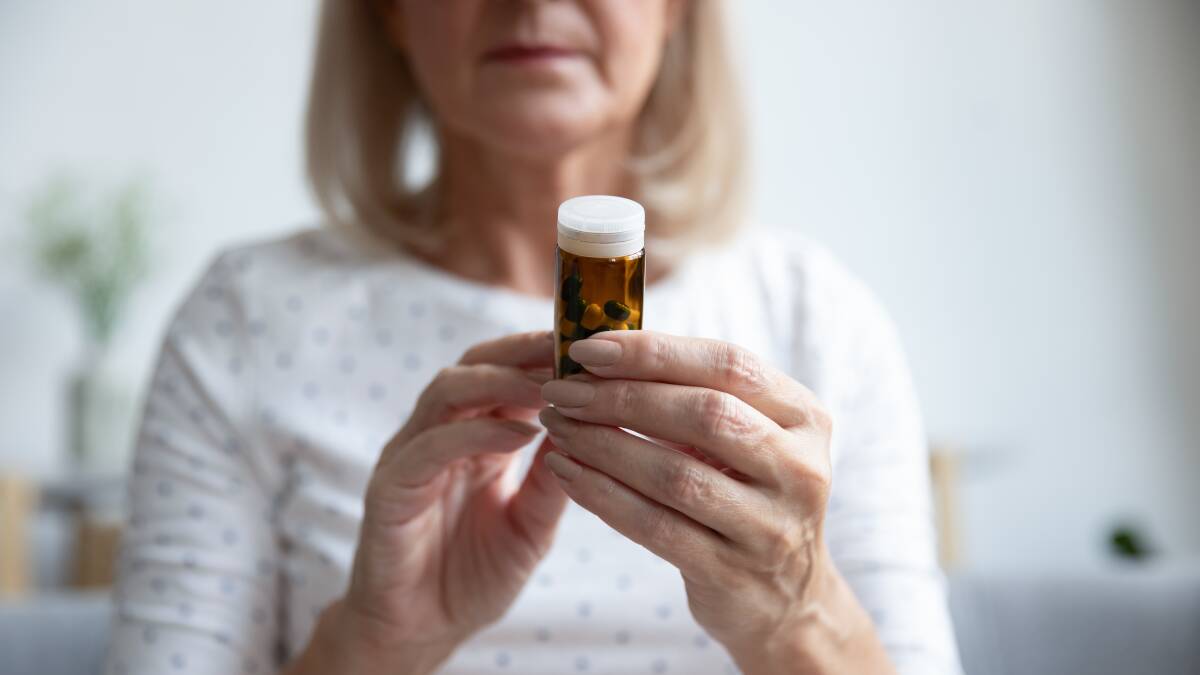Volunteers needed to help fight vascular dementia

This is branded content for Western Sydney University.
A clinical trial showing positive signs of the effectiveness of a herbal medicine formula to treat vascular dementia is up and running again after a temporary halt due to COVID-19, and researchers need participants.
A Western Sydney University (WSU) research team is calling for people aged between 40 and 85, with a diagnosis of vascular dementia or mixed Alzheimer's disease and vascular dementia, to take part in the trial that could lead to a ground-breaking medicine to treat the disease.
More than 400,000 Australians live with dementia with a new case diagnosed every six minutes. About 20 to 30 per cent of these are thought to be vascular dementia.
Unlike with Alzheimer's disease, there are no pharmaceutical options for vascular dementia. This trial is the final phase in a long-running study investigating the potential of a herbal formula combining ginseng, saffron and ginkgo, called Sailuotong (SLT), to fill the void.
A combined team from NICM Health Research Institute, WSU, and the China Academy of Chinese Medical Sciences have been working together for more than a decade to develop the standardised formulation of SLT.
Chief Investigator of the trial, Professor Dennis Chang, from NICM Health Research Institute at WSU, said the suspension was frustrating for the team in their race to prove SLT's efficacy and make it available to people with vascular dementia.
He said earlier trial phases showed SLT to be an effective treatment for mild-to-moderate vascular dementia. Participants demonstrated significant improvements in many areas, like memory, orientation, language and daily function.
"If this next trial is successful SLT will be a frontline treatment for thousands of people across the world," Professor Chang said.
"The results will confirm this medication's capacity to significantly improve daily function and quality of life in vascular dementia patients.
"We are very excited about the possibility of a viable option in an area of dementia where we currently don't have many options."
Unlike with pharmaceutical drugs, Professor Chang said a Chinese medicine treatment offers a multi-target approach.
"Pharmaceutical medicine often targets a single therapeutic target of a disease, whereas the potential strength of herbal medicines is they can combine multiple bioactive compounds which work together to address different causes and symptoms of a disease," he said.
"Some improve blood circulation, some improve the availability of neurotransmitters in the brain, some have anti-inflammatory properties, and some behave as antioxidants, offering an overall effect that is potentially better than just one drug."
Eligible participants in the trial will take SLT or placebos for 52 weeks and attend clinical visits to be closely monitored. The trial has been expanded to 11 centres in both capital cities and regional areas around Australia.
For more information call (02) 46203578, email dementiatrial@westernsydney.edu.au or visit www.nicm.edu.au/dementiastudy
This is branded content for Western Sydney University.


